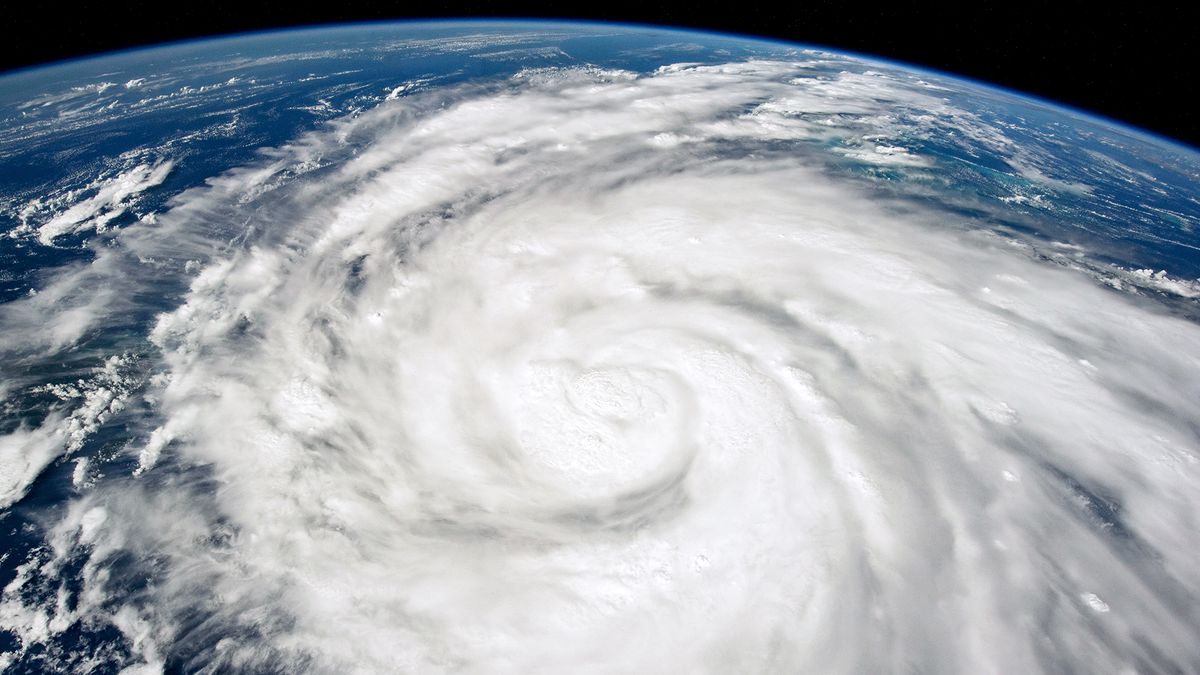By Peter Makwana
AS climate change-related emissions continue to rise, leading to long-term impacts, well-known global emitters are trying to circumvent regulatory procedures and standards by opting for the business as usual (BAU) concept while continuing to issue and adapt.
The concept of business as usual as an information tool for future energy systems must be considered as a trajectory to be pursued, although it is strewn with sectoral shortcomings.
In emissions-intensive sectors, BAU scenarios are based on assumptions based on historical evidence to project the outlook for emissions for a period of 10 to 15 years and beyond.
Why not focus on doing business by broadcasting now and the future would take care of itself.
Some would argue that while the business as usual approach may sometimes be necessary, it may reduce the emission reduction gains made so far.
For these reasons, the BAU cannot continue to be the regulatory standard of choice as it cannot pass the test as a reliable criterion to inform future emissions scenarios.
A major drawback of analyzing emissions projections using BAU is that it can present stakeholders with information gaps and no meaningful mitigation can be achieved. Of course, some changes may have taken place in between, such as emission-reducing solar technologies and, to some extent, solar cars, among others, not in all countries but in some developed and industrialized countries.
The status quo has the potential to slow down the climate emergency because life goes on after all despite the continuous increase in emissions, the attitude does not change as if nothing had happened. In this regard, for the climate emergency to materialize, it requires rapid interventions and responses.
For this reason, it is difficult to contribute to the climate emergency when the status quo slows down all necessary climate action.
The BAU can also be seen as a trajectory that facilitates the mindset that encourages the foregrounding of thinking that sets aside the environment, a healthy planet, and humanitarian concerns, among others. The idea of climate urgency and action erodes by ignoring these sustainable pillars that place people, the environment, their health and well-being at the heart of sustainable development.
In the context of the status quo, in reference to countries that religiously follow the chops, development can still take place while disadvantaging developing countries through energy emissions inequalities and greenwashing. At the same time, the business sector has an important role to play in influencing the development of the Sustainable Development Goals (SDGs). In this regard, businesses, governments and civil society are expected to pursue a sustainable path that goes beyond the status quo and operate beyond the status quo mantra.
In the right frame of mind, it is everyone’s hope to see businesses motivated to make contributions through climate-related adaptation plans, achieve resilience and achieve the SDGs without being stifled by the BAU phenomenon. From this point of view, companies need a favorable and conducive environment in order to play a key role in realizing user-friendly operating systems to manage ongoing emissions.
Some countries see the BAU as the way forward, depending on the nature of their companies and sectors, while others see it as a conduit to accelerate emissions while companies continue to emit.
In the presence of BAU, carbon emissions have continued to accelerate rather than slow down in a sustainable way to allow companies to act to regulate and stabilize these ever-increasing carbon emissions.
It is also in this business-as-usual context that stabilizing global emissions will always have long-term climate impacts that have since become widespread and recognized global concerns.
The tobacco industry and the fossil fuel sector have also been criticized for focusing on business as usual models while participating in what they call corporate social responsibility.
It is not sustainable and not the universal truth and ethical considerations that people would like to see because these sectors are tied to the products they produce and sell, not to mention their operational behavior too.
While fossil fuel-emitting companies are trying to some extent to comply, tobacco companies have struggled to comply with the minimum standard of corporate social responsibility.
Many tobacco-growing countries, instead of reducing deforestation, have actually destroyed forests with no clear and meaningful reforestation and regeneration in sight.
The other problem with countries that have adopted the BAU approach, the issue of adaptation to climate change is seen as a small issue and less topical, where companies are more concerned with the end product without caring about the means and also failing to consider sustainability issues. .
Above all, the status quo must be transformed in order to give more space and importance to adaptation to climate change.
The essential nature of the climate emergency and action is non-negotiable and must be given the treatment and attention it deserves.
- Peter Makwanya is a climate change communicator. He writes here in a personal capacity and can be contacted at: [email protected]




